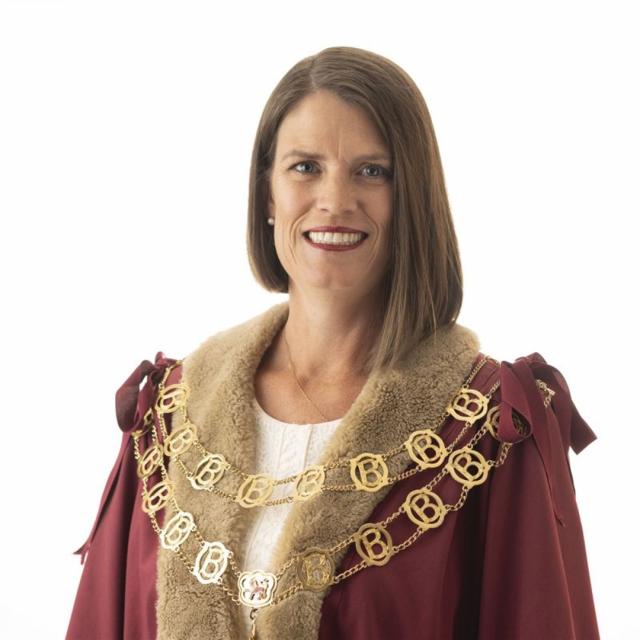Burnie City Council is very concerned about anti-social and criminal activities across its central business district. Businesses have been impacted and council’s own community assets have been vandalised and destroyed. This is completely unacceptable.
The council has been working in partnership with Tasmania Police to address these behaviours. The obvious starting point is that if you see anti-social or criminal behaviours report it to Tasmania Police as a priority.
Where council itself becomes aware of particular anti-social issues, they have acted and will continue to do so. For example, they have more recently experienced anti-social behaviours in and around council’s multi-storey car park. In response they are installing additional infrastructure in an effort to reduce these behaviours; they now close the car park earlier (10pm); and they have engaged security guards to be on site late afternoon and into the evening.
Some months ago the council had problems at the former ‘Baltimores Restaurant’, near the port, as it was a gathering point for groups that would then engage in anti-social behaviours. Council secured that site with new fencing, installed additional CCTV coverage and entered an agreement with a new tenant for the building. This has reduced the anti-social behaviours that were occurring around that area.
Over the past two years they have also installed infrastructure into other areas of the city to curb hoon driving and other anti-social behaviours, with some success.
Unfortunately there are no quick fixes or magic solutions.
Mayor Teeny Brumby said the council understood the community’s concerns, as this had been expressed very clearly in their current strategic plan development. He said they are committed to doing what they can to address these concerns.
Burnie City Council is currently developing an urban design plan that includes and is informed by urban design principles to increase public safety. When finalised it will provide a blueprint for how they upgrade the city centre so that it provides a safe and welcoming environment.
“Our council officers are available to meet with local business owners who are experiencing anti-social or criminal behaviours, to identify whether there is more that council should be doing,” the Mayor said.
“There is no doubt that some of what we have done has worked, however council acknowledges that sometimes the measures we take displaces the problem to elsewhere in the city. That is why it is important for business owners to talk with us directly, so we can work with them to try and address their legitimate concerns.
“I am asking our community to please make sure that you report all instances of anti-social behaviour to Tasmania Police. If we don’t report it, then the statistics don’t reflect that there is indeed an issue, and more funding to address these concerns will not be made possible.”
“My current priority for our community is continuing to pursue this additional support from the Tasmanian State Government.
“I have reached out to our Minister for Police, Felix Ellis and Tasmania’s Commissioner of Police, Donna Adams and will be meeting with these state leaders in the coming weeks to advocate for a higher level of police presence in and around our CBD in the way that community policing occurred within our city in the past. We feel strongly that this type of ongoing policing provides a visible and engaging presence within our community, and would assist greatly with not only reducing the instances of anti-social behaviour, but also the way in which our community perceives their own safety and wellbeing.
“Additionally I will meet with Attorney General Elise Archer as I feel strongly that the justice system plays such an important role in developing a long-term solution to this problem. I also intend to invite a range of stakeholders including representatives of the business community, to participate in a round table discussion on the matter of anti-social behaviour, in order to further discuss the issues being experienced within our city, with a view to collectively developing strategies that may assist to reduce these occurrences.”

















